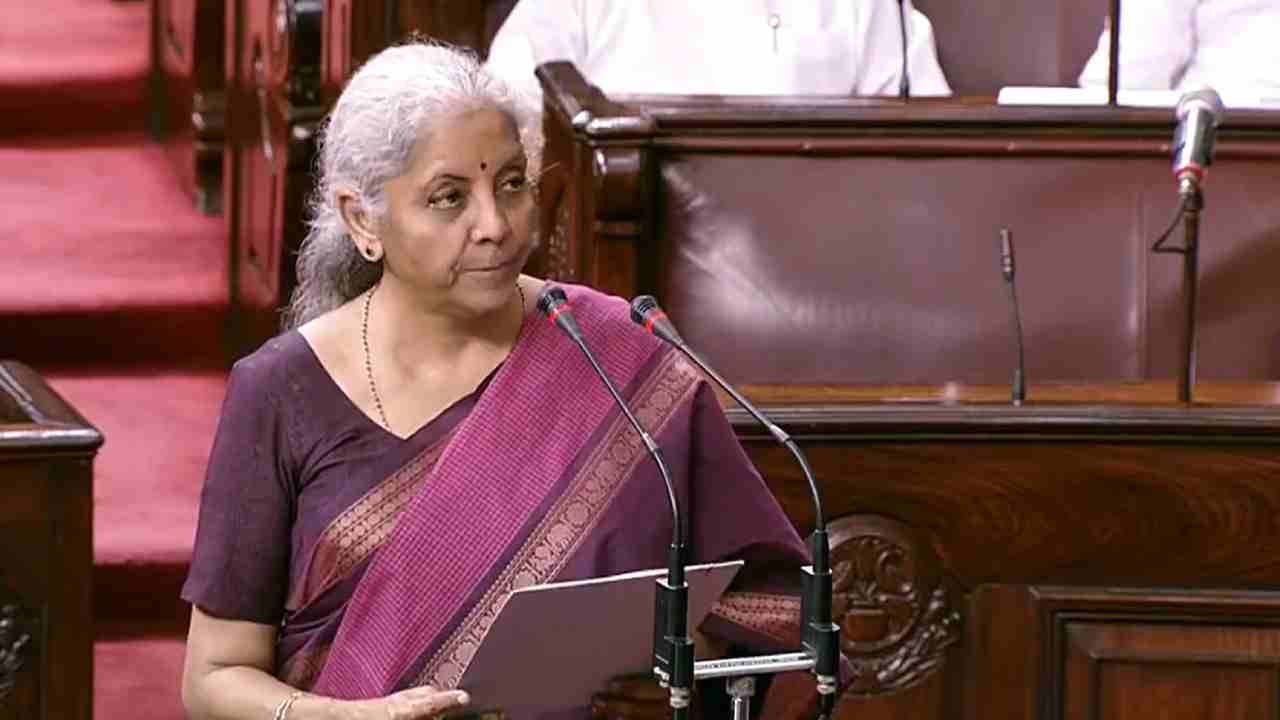Union Finance Minister Nirmala Sitharaman on Monday said that the Reserve Bank of India (RBI) is in favour of the cryptocurrency ban as it is concerned about its destabilizing effect on monetary and fiscal stability.
“In view of the concerns expressed by RBI on the destabilizing effect of cryptocurrencies on the monetary and fiscal stability of a country, RBI has recommended for framing of legislation on this sector. RBI is of the view that cryptocurrencies should be prohibited,” she told the Lok Sabha in a written reply to a query on this matter.
The Finance Minister also said that it is possible to make effective laws in this regard only with international cooperation. “Cryptocurrencies are by definition borderless and require international collaboration to prevent regulatory arbitrage. Therefore, any legislation for regulation or for banning can be effective only after significant international collaboration on evaluation of the risks and benefits and evolution of common taxonomy and standards,” she said.
“RBI has been cautioning users, holders and traders of Virtual Currencies (VCs) vide public notices on December 24, 2013, February 01, 2017, and December 05, 2017, that dealing in VCs is associated with potential economic, financial, operational, legal, customer protection and security related risks,” Sitharaman said.
RBI had also issued a circular on April 6, 2018, prohibiting its regulated entities from dealing in virtual currencies (VCs) or providing services for facilitating any person or entity in dealing with or settling VCs, she said. “The said circular has been set aside by the Hon’ble Supreme Court on March 04, 2020,” she added.
On May 31, 2021, RBI advised its regulated entities, such as banks, to continue the customer due diligence process for transactions in VCs in accordance with the rules governing Know Your Customer (KYC), Anti-Money Laundering (AML), Combating of Financing of Terrorism (CFT), and obligations under Prevention of Money Laundering Act (PMLA), 2002. This was in addition to ensuring compliance with the relevant provisions of the Foreign Exchange Administration Act (FEMA) for foreign remittances.


























